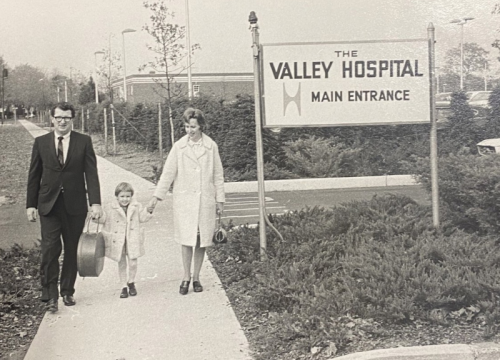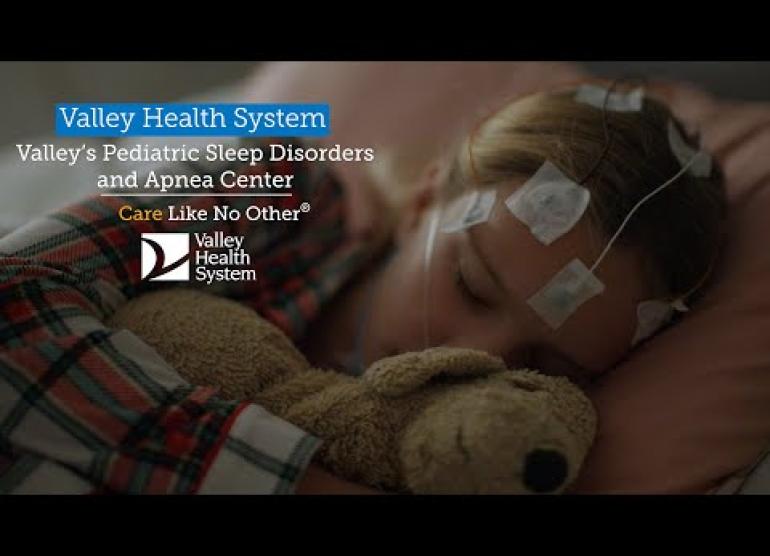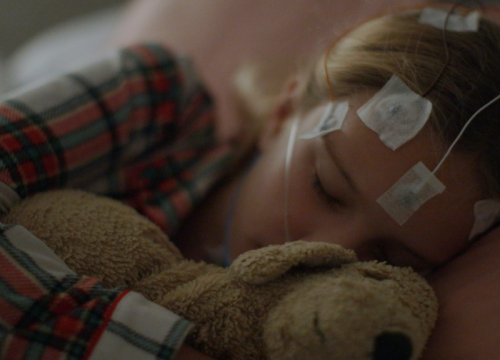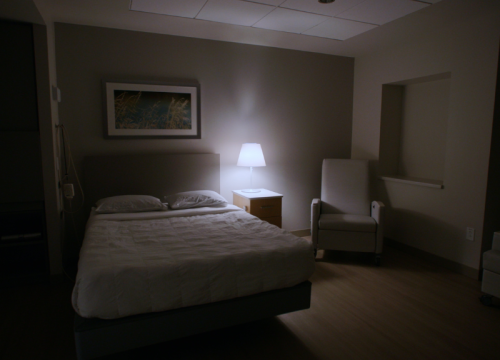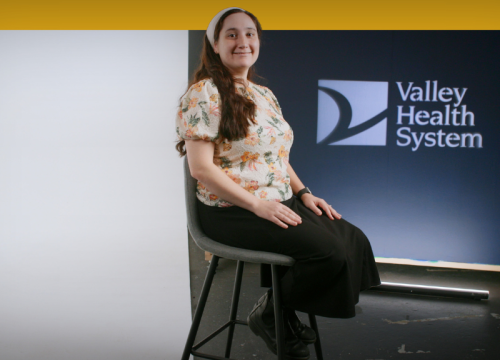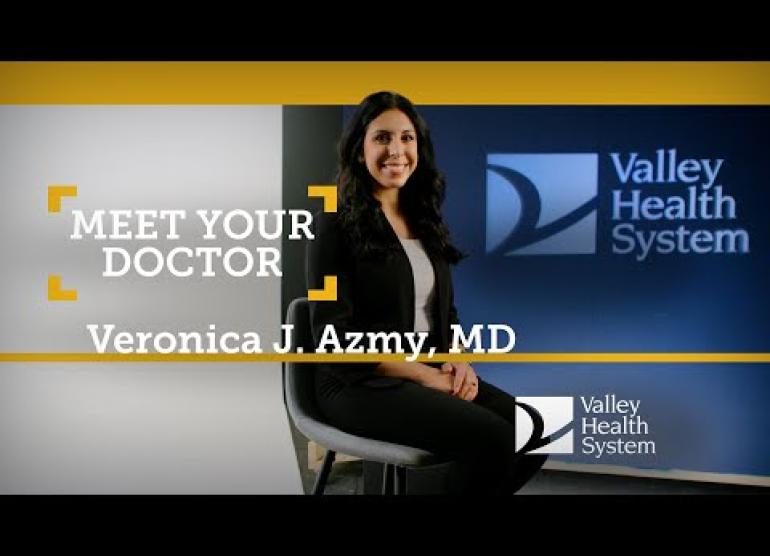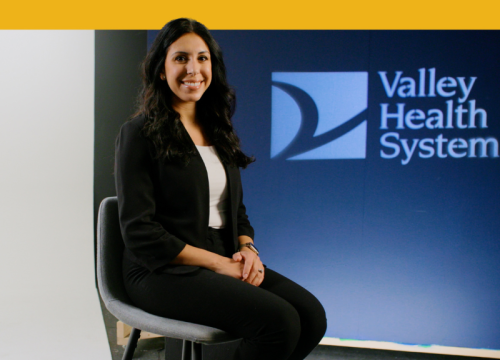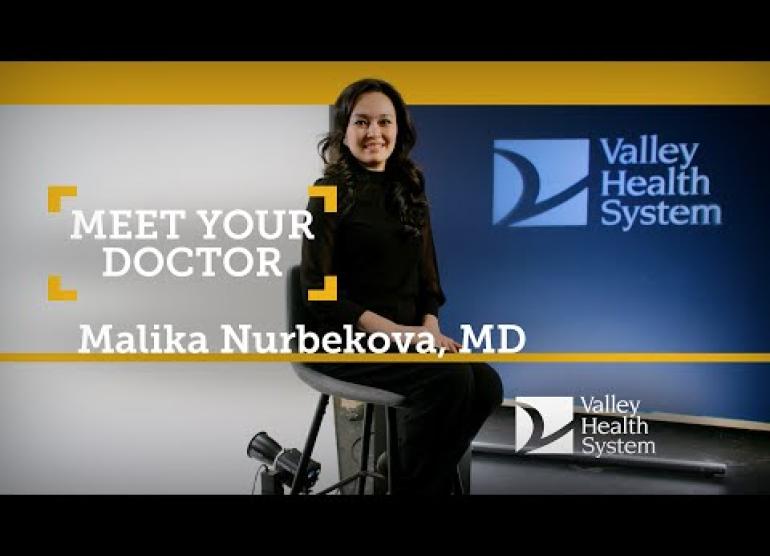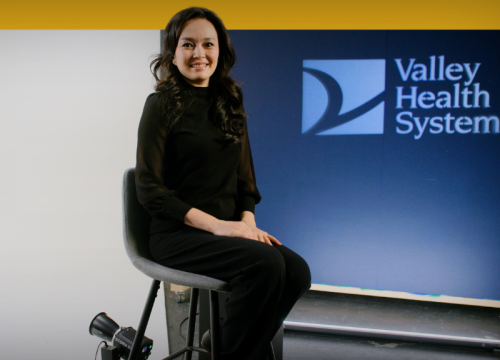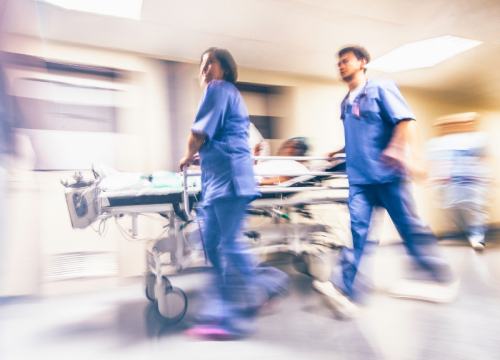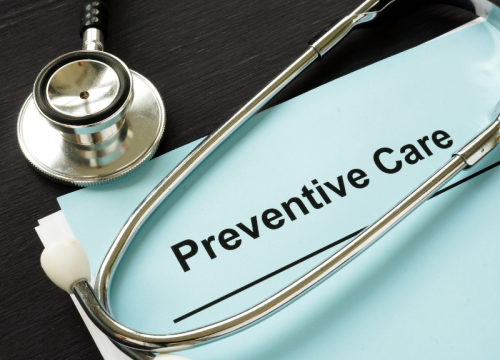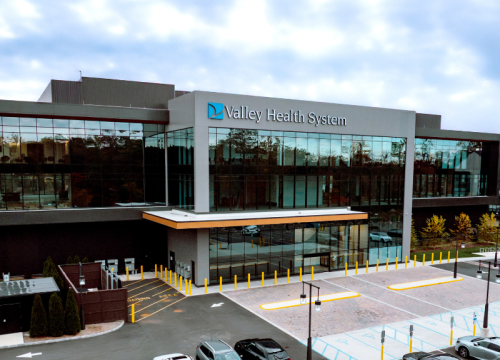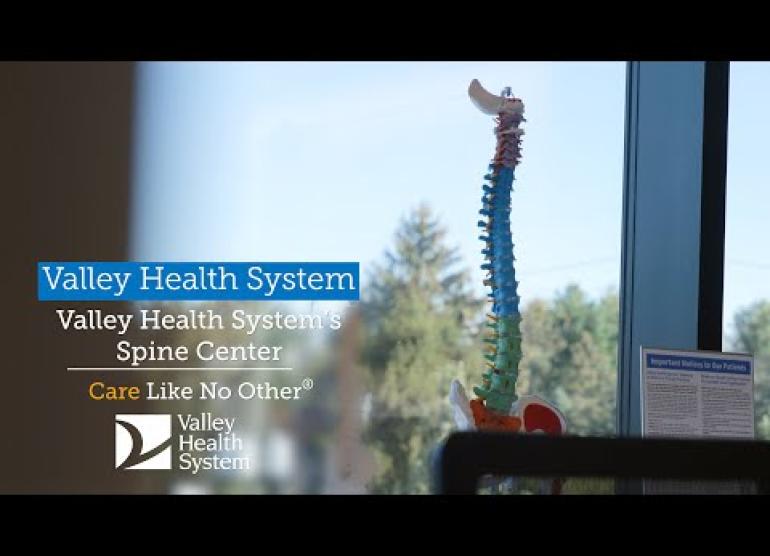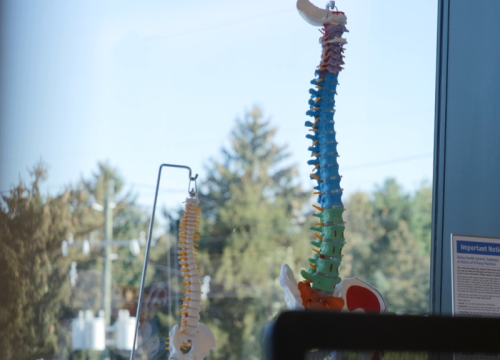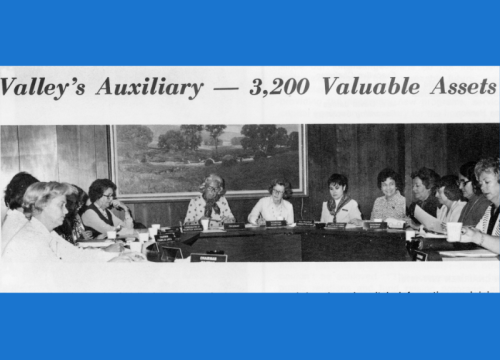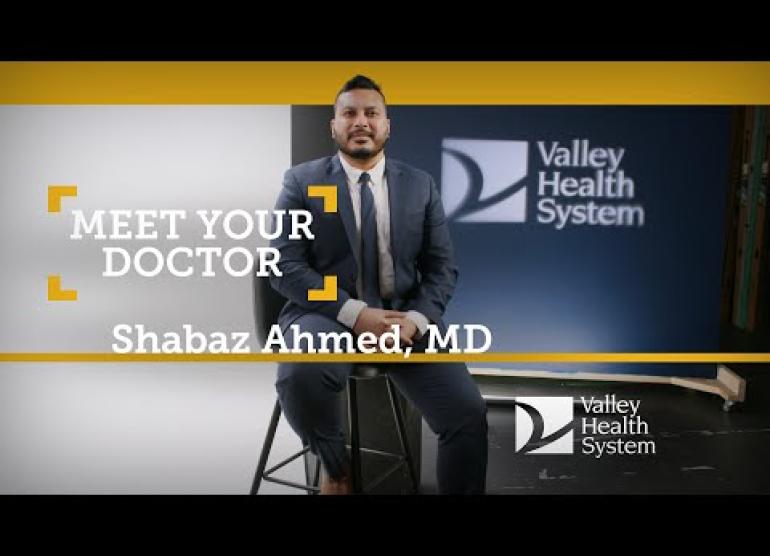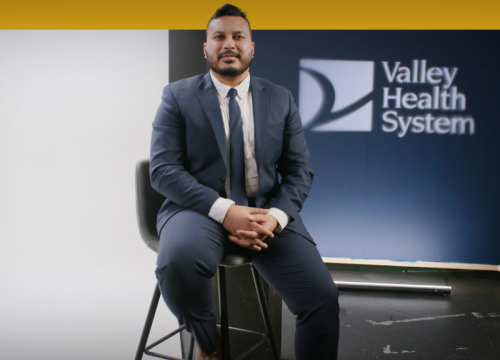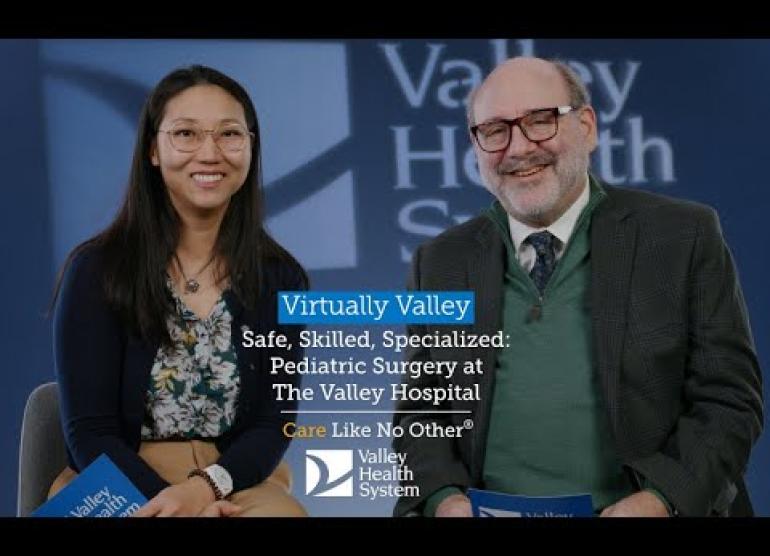Following your operation and immediate recovery in the CICU, you will begin the recovery process. The process involves several stages, each building on the other.
You and your family are an important part of this stage. Our ultimate goal is a safe transition to going home after open-heart surgery.
If you have any questions throughout the process, please call 201-447-8377.
What to Expect in the Intensive Care Unit (ICU)
Ventilator: You will have a breathing tube to assist you while you are asleep. The tube will be removed when you are awake and breathing well.
Chest tubes: All patients will have draining tubes placed during their operation. They drain fluids away from the chest after surgery. These are removed once the drainage is minimized.
Monitoring equipment: Your blood pressure, heart rate and heart rhythm are monitored closely using high tech equipment. The equipment has alarms. You may hear beeping and buzzing at times. The equipment is temporary and will be removed when it is no longer necessary.
Medications: There are several intravenous (IV) lines that provide medication. They are slowly removed when you begin to feel stronger.
What to Expect on the Cardiac Step-Down Unit
After you are strong enough to leave the ICU, you will go to a cardiac “step-down” unit. On this unit, you can expect:
Increased activity: You will be working twice a day with one of our specially trained cardiac rehabilitation nurses to gradually increase your level of activity. The goal is to have you resume your pre-surgery level of independence. In some cases, we may also request the assistance of a physical therapist to perform an evaluation. Before going home, most patients are shown how to safely use the stairs.
Support from your coach: We have implemented a motivational system at The Valley Hospital to help encourage a positive transition to home. At the time of your initial cardiac education class, you will be asked to identify a significant other who will participate in your activity, encourage deep breathing exercises and listen to all the education shared with you about your recovery.
Improving breathing: You will be instructed in the use of a device called an incentive spirometer. The nurses, the respiratory therapists and your coach will be reinforcing its use. You must use this device 10 times per hour.
Pain management: You will be given pain medications to keep your pain under control. Adequate pain control directly relates to your ability to participate in your rehabilitation process. It is important that you help identify for the nurses your level of pain using the visual pain scale we will provide you with. In this way, we will be better able to minimize your pain.
Heart rhythm: Just as in our intensive care unit, your heart rate and rhythm will be closely monitored. You will have a monitor that allows you to move around for this purpose. You may develop a rhythm condition called atrial fibrillation. This rhythm occurs in approximately 30 percent of patients after open-heart surgery. If you develop this rhythm, your medications will be adjusted to restore your regular rhythm. In some cases, you may remain in atrial fibrillation and this will require the use of a blood thinner, called Coumadin, at discharge.


